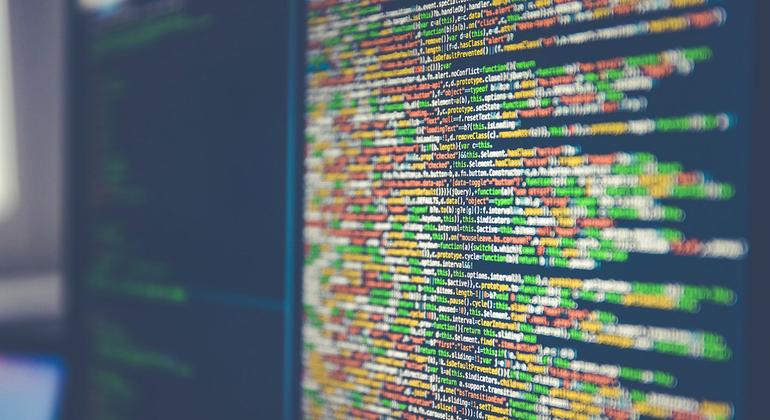UNESCO survey reveals two-thirds of digital content creators don’t check facts


These findings come at a critical time when social media influencers have become a key source of news and cultural information for global audiences, yet 62% still lack the right measures. basic reality check.
“Digital content creators have acquired an important position in the information ecosystem, engaging millions with cultural, social or political news. But many are struggling with misinformation and hate speech online and are calling for more training,” speak UNESCO General Manager Audrey Azoulay.
Major flaws in digital verification
the UNESCO ‘Behind the Screen’ surveyConducted with the expertise of Bowling Green State University in the US, examined 500 influencers across 45 countries, uncovering serious gaps in content verification practices.
Research shows that 63% of influencers lack rigorous fact-checking processes, despite their significant impact on public discourse.
The survey discovered trends in how creators rate the credibility of information, including 42% of people using social media metrics like “likes” and “shares” as scoring marks primary trust, while 21% of respondents shared content solely based on “trust in friends” who shared it. It.
Traditional news media, despite their expertise, ranked low in terms of resources, with only 36.9% of creators using mainstream journalism for verification.
The digital rights landscape poses another challenge. Nearly 60% of creators operate without a clear understanding of basic legal frameworks and international standards, leaving them vulnerable to legal risks and online harassment.
While a third reported encountering hate speech, only 20.4% knew how to accurately report these incidents to platforms.
UNESCO launches global training initiative
Responding to these challenges, UNESCO and Knight Center for Journalism in the Americas (USA) collaborate to develop the first global training course for digital content creators.
This innovative four-week program attracted more than 9,000 participants from 160 countries, providing comprehensive training on source verification, fact-checking methods and media cooperation. traditional communication.
With 73% of creators actively seeking such training, the initiative builds on UNESCO’s broader strategy to combat digital disinformation, post-2023 . Guide to digital platform governance.
By maintaining engagement with course participants after completion, UNESCO aims to foster a community of responsible digital communicators that prioritizes the integrity of information.




